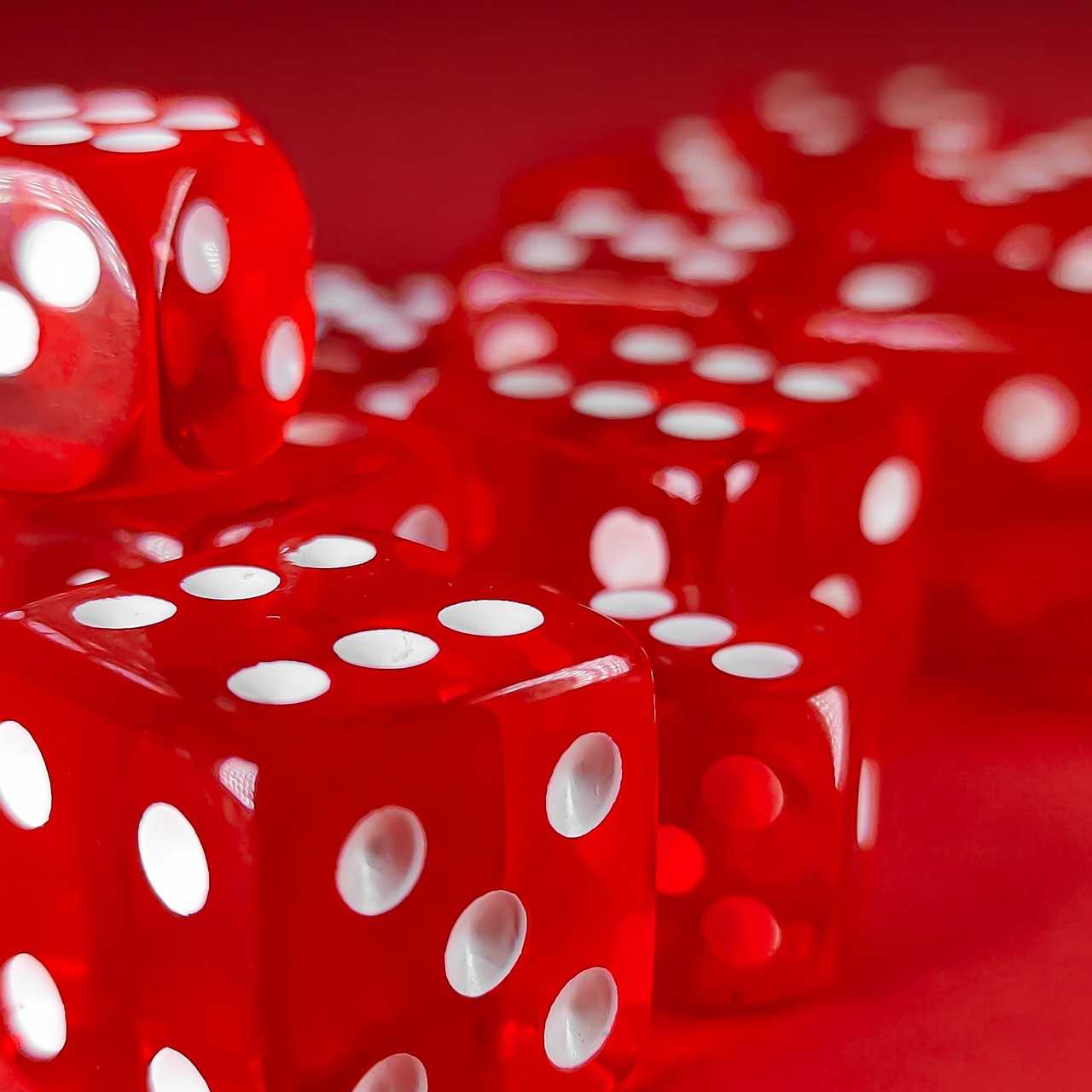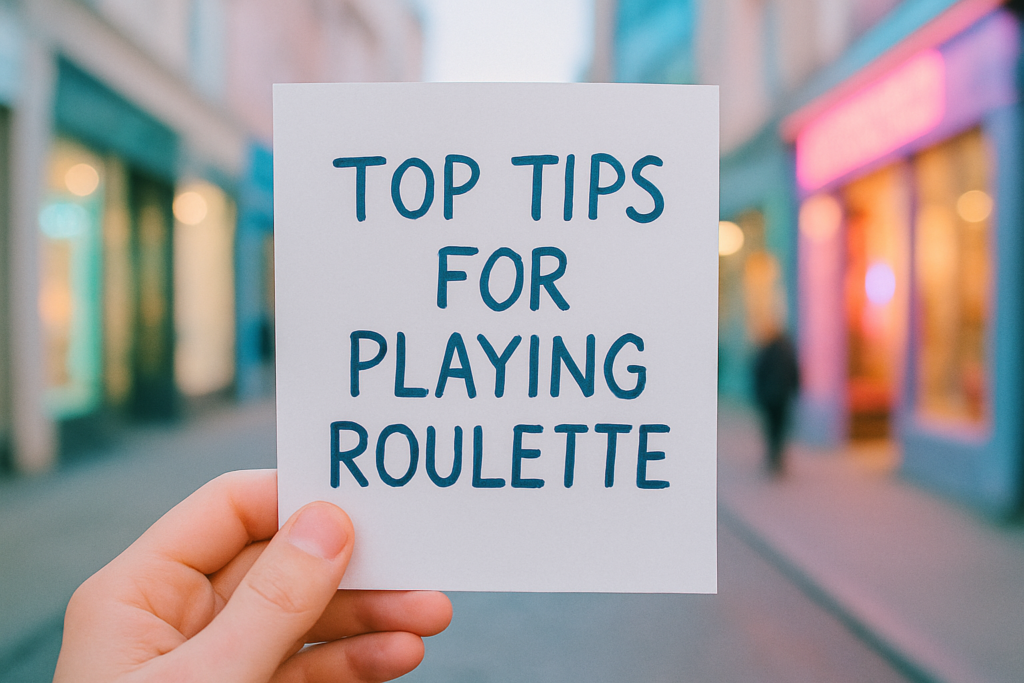What “Guaranteed” Really Means
Almost every so called “roulette strategy” starts with a big promise: consistent wins, no risk, foolproof returns. Whether it’s a slick ebook or a fast talking YouTube video, the claim is always the same beat the house with math. The systems range from doubling your bet after every loss to tracking patterns on the wheel. Some swear by complex charts. Others just tell you when to walk away. Sounds smart until you look deeper.
The reality? Roulette is pure chance. Each spin is independent. There’s no memory, no pattern, no cosmic balance trying to even the odds. The wheel doesn’t care if red hit five times in a row. Your next bet is still a risk.
People want to believe in easy money. That’s the hook. The idea that with just the right method, you can outsmart a game built on luck it’s seductive. But over time, math snaps everything back to reality. The house edge, even if small, always grinds your bankroll down. No system can override that. Not long term. Not without cheating.
So sure, you might win a streak here and there. Maybe even walk away ahead once or twice. But build a career on it? Retire rich with roulette? That’s the fantasy. And it’s one the math never supports.
The Nature of the Game
Roulette looks simple at first glance spin the wheel, place your bets, and hope for the best. But if you want to really understand what’s happening, you need to know the two types of bets: inside and outside.
Inside bets are riskier but pay more. These are wagers placed on specific numbers or small combinations of numbers for example, betting on 17, or a split between 17 and 20. The odds of hitting are low, but the payouts can climb up to 35:1.
Outside bets, on the other hand, offer lower risk and smaller payouts. You’re betting on bigger groups: red or black, odd or even, columns, dozens, and so on. These bets typically pay 1:1 or 2:1, but they give you a better shot at landing a win.
Now for the catch: the house edge. In European roulette, it’s 2.7%. In American roulette with that sneaky extra double zero it jumps to 5.26%. That edge is how the casino keeps its advantage, no matter your approach.
If you’re new to the game, start by brushing up on the basics here: roulette rules guide. Understanding how the board works is the first step to not losing your chips too fast.
Popular Betting Systems Do They Work?

If you’ve hung around the roulette tables long enough, you’ve probably heard someone swear by a “foolproof system.” The Martingale, Reverse Martingale, and D’Alembert are the classics. They all rely on a similar idea: tweak your bets based on wins or losses, and eventually the game will hand you a profit. Sounds simple. Too simple.
Take the Martingale. You double your bet after every loss, aiming to recover everything with one win. It can work for a while. Until you hit a losing streak and blow through your bankroll faster than a spin lasts. Even worse, you run into table limits. No matter how deep your pockets, the house caps your bets. You can’t scale forever.
Reverse Martingale flips the logic up your bet after you win. It feels safer, but one loss wipes out multiple gains. Same story, different flavor.
D’Alembert is more conservative: increase your bet by one unit after a loss, decrease after a win. It’s slower, but the illusion remains. These systems feed on the myth of being “due” for a win. Patterns get spotted. Numbers feel hot. But roulette doesn’t care. The wheel has no memory.
In the end, these betting systems offer a short term rush, not a long term edge. The trap is thinking structure equals safety. It doesn’t. The math behind the wheel stays undefeated. And once your bankroll or the table limit cuts you off, the strategy collapses. Always has. Always will.
Rigged Tables or Misunderstood Odds?
Roulette is built on randomness. In physical casinos, this means well maintained wheels spun by trained dealers. No magnets. No tricks. Just friction, gravity, and physics. Casinos have every reason to keep it that way for credibility, for licensing, and honestly, because the house edge already does the job.
Online, randomness is certified using RNGs (Random Number Generators). These are audited regularly by independent firms. The best sites publish certifications to show their software plays fair. If you’re gambling on a licensed, regulated platform, the odds aren’t stacked beyond what’s already baked into the math.
Still, that doesn’t stop players from crying foul. You lose six spins in a row and assume it’s rigged. But here’s the truth: it’s usually just variance. Cold streaks, hot streaks they’re all part of the statistical churn. It feels personal, but it isn’t. And that misunderstanding trips a lot of people up. They shift strategies, increase bets, and chase losses thinking they’ve cracked a pattern. In reality, they’re being swept up by the very randomness they doubt.
If it feels unfair, it’s probably not cheating it’s probably just math at work.
What Actually Improves Your Chances
Forget magical formulas. Smart roulette play isn’t about beating the wheel it’s about handling the game with control and realism. First rule: stop chasing systems. Patterns and progressive bets might feel structured, but they’re just math illusions dressed up as strategy. Don’t fall for them.
Instead, focus on what you can actually manage your bankroll and your behavior. Set limits on losses before you start. Walk away if you’re down, or even if you’re up and the momentum feels like it’s turning. Long term, discipline outlasts hot streaks.
Also, give yourself the best starting odds. Always go for European roulette over American if you can. One less zero means a lower house edge 2.7% vs. 5.26%. It’s not a massive difference per spin, but over time, it adds up.
Play with purpose, keep it fun, and leave the rigid systems behind. That’s how you stack the odds more in your favor without pretending you’ve found a cheat code for chance.
Final Word: Focus on Entertainment, Not Guarantees
Here’s the truth: the house always has the edge. That’s not opinion it’s baked into the probabilities of every spin. Doesn’t matter what system you use or how many charts you’ve studied. Casinos aren’t in the business of losing money.
Sure, you can win. People do. But the moment you expect to win believe that some method can guarantee it you’ve crossed into dangerous territory. That’s where frustration, chasing losses, and bad decisions live.
The smarter move? Play with purpose. Know the rules, set boundaries, and treat roulette as entertainment, not income. Pick the version with better odds (European > American), manage your bankroll, and stop before it stops being fun.
If you’re new to the game or need a refresher, check out this roulette rules guide.


 Gambling Industry Expert for Key Gamble Lucky, specializing in delivering up-to-date gambling news, effective betting strategies, and in-depth insights into various casino games. With years of experience and a profound understanding of the gambling industry, Irinalin’s expertise goes beyond just surface-level knowledge. They dive deep into the evolving trends, legal updates, and the psychological aspects of gambling. Through thoughtful analysis and research, Irinalin equips readers with practical tips, strategies, and the confidence needed to make informed decisions in the complex world of betting, whether they’re beginners or seasoned players.
Gambling Industry Expert for Key Gamble Lucky, specializing in delivering up-to-date gambling news, effective betting strategies, and in-depth insights into various casino games. With years of experience and a profound understanding of the gambling industry, Irinalin’s expertise goes beyond just surface-level knowledge. They dive deep into the evolving trends, legal updates, and the psychological aspects of gambling. Through thoughtful analysis and research, Irinalin equips readers with practical tips, strategies, and the confidence needed to make informed decisions in the complex world of betting, whether they’re beginners or seasoned players.